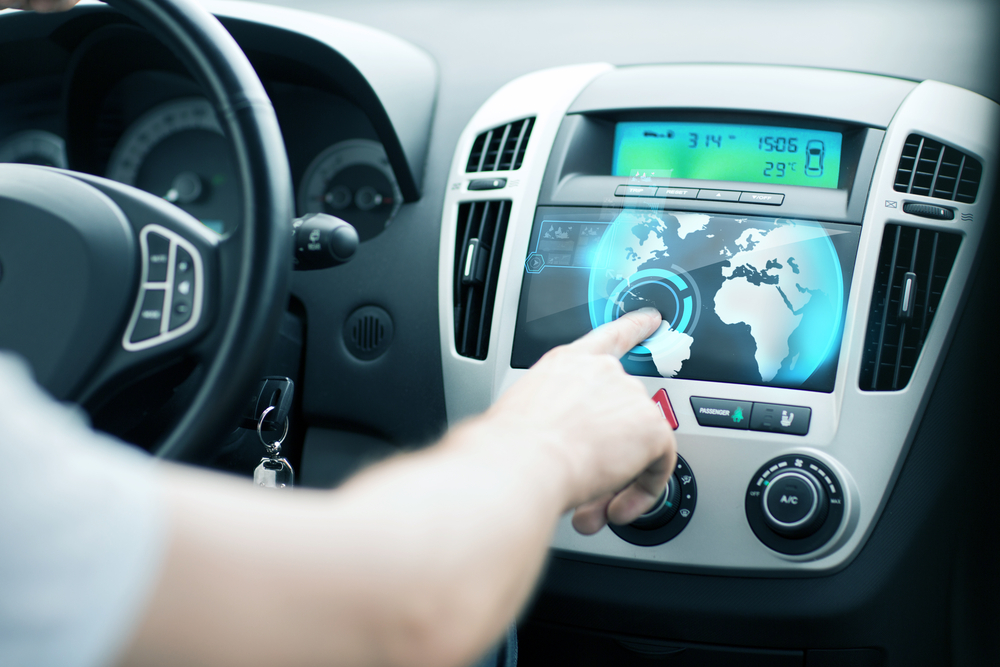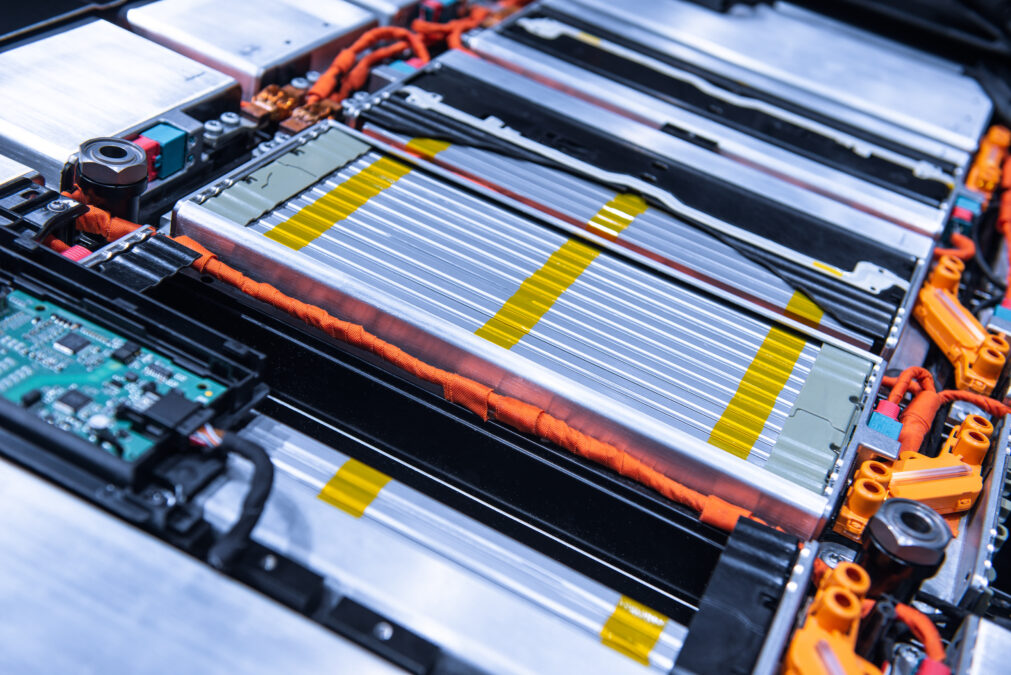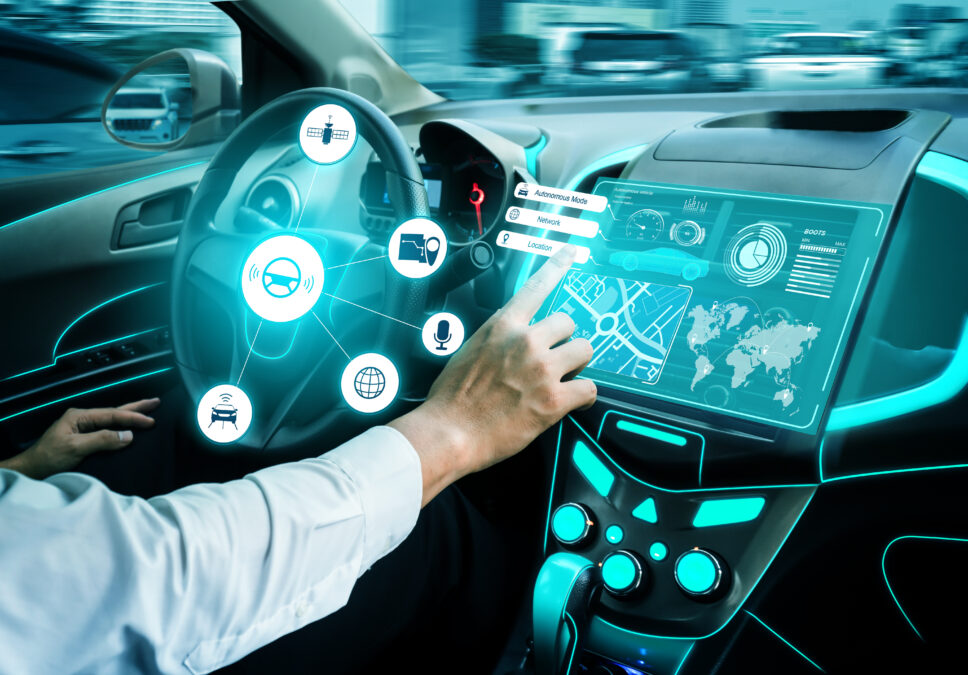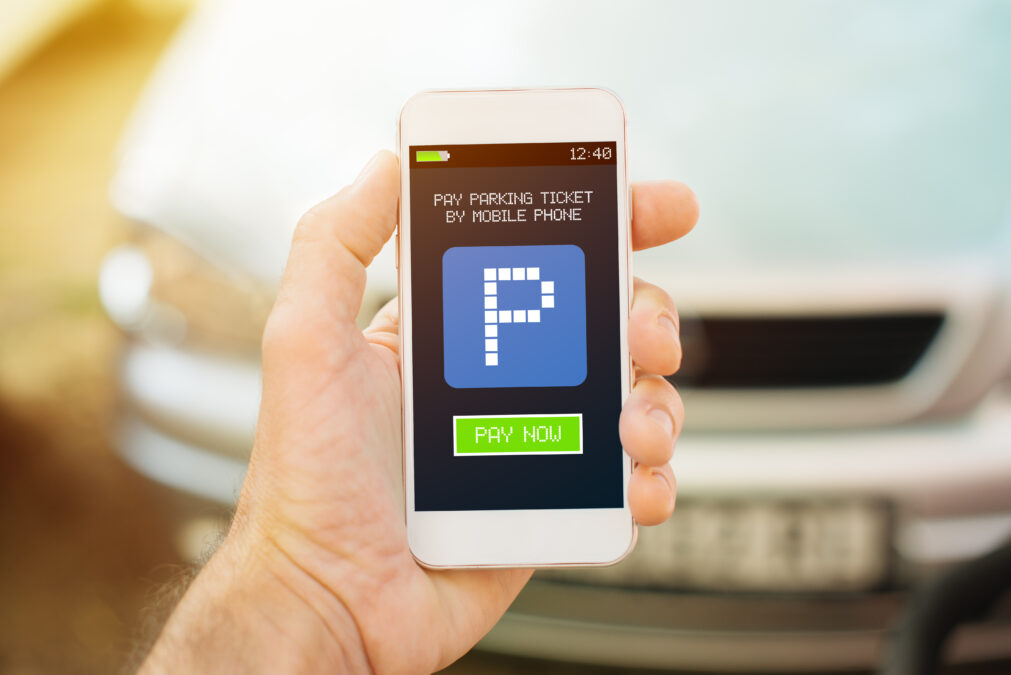The automotive industry will need to show that it is prepared for the shift from selling products to selling services.
Moving away from selling one-off products to strangers to building ongoing relationships with customers requires a radically different approach.
In the first few weeks of 2015, we have already seen a raft of connected car announcements, including launches of new entertainment and communication services that are beginning to turn cars into mobile living rooms.
A wide array of subscription-based data services are becoming available in cars, designed to make the experience safer, smarter and more comfortable.
>See also: Why the connected car is both exciting and potentially terrifying
Metromile’s customers pay for their auto insurance by the mile, saving thousands of dollars in comparison to standard monthly rates. Lytx uses in-vehicle camera technology to identify risky driving behaviours and re-train commercial drivers accordingly. And Location Based Technologies is helping vehicle fleet managers save money by identifying better driving routes, surfacing neglected assets and mitigating theft.
The big automotive manufacturers are jumping on board. Hyundai has launched lots of new connectivity options for smartphones and wearables. GM Onstar has introduced an interesting new local commerce engagement platform called AtYourService. And Mercedes Benz has wowed everyone with a driverless prototype car whose interior essentially looks like a first-class lounge.
This is a brave new world for manufacturers. It is also a fantastic opportunity. If a Boeing 737 engine creates 10 terabytes of data every thirty minutes in flight, imagine the information that could be generated by 2.5 million new cars registered every year in the UK – if they were all connected to the internet. Car manufacturers will be able to learn so much more about their customers through behavioural and usage data.
The brave new world of automotive data
Perhaps the most prevalent issue for car manufacturers are the increased expectations from consumers about their cars. Why can’t my car take care of its own performance bugs the way my Apple laptop does? What kind of traffic and location services are you offering me that I can’t get with a free Waze app? Why can’t my kids watch CBBC on the iPlayer while on the road? Will it soon become unthinkable to purchase a car without a monthly data plan?
The industry must address these questions today if it is to fully capitalise on the opportunities presented by the connected car.
There is a strong relationship between data and a successfully monetised customer relationship, and refining a data strategy early is key. This is why car manufacturers are now building relationship business management solutions.
Manufacturers realise that the information generated by drivers is going to be more valuable than the cars they’re driving. GM and Toyota are busy constructing NASA-like mission control rooms to go with their factories and assembly lines. From now on, when someone drives a new car off the lot, their manufacturer will be coming with them.
However, as car manufactures start collecting and analysing usage data – with the permission of the drivers – the line between performance and privacy becomes finer. Ian Robertson, board member of BMW, recently warned that technology companies and advertisers are putting pressure on carmakers to pass on data collected by connected cars for sales of marketing purposes – to which he said, “No thank you.”
>See also: The importance of net neutrality for the connected car
Carmakers unanimously need to create a barrier to this information to avoid intruding their customers’ information privacy and making themselves a potential target for hackers.
They should use the data to better understand their customers and create relevant subscription-based services that enhance the driving experience. How about a premium traffic alert service that provides immediate voice alerts about new crashes or construction projects with suggested alternative routes? Or an opt-in navigation service synced to your calendar that maps the progress of your friends and colleagues on the way to restaurants, events and meetings?
The opportunities are endless, but one thing is for sure: driving has never been more exciting than now.
Sourced from Marc Diouane, Zuora







